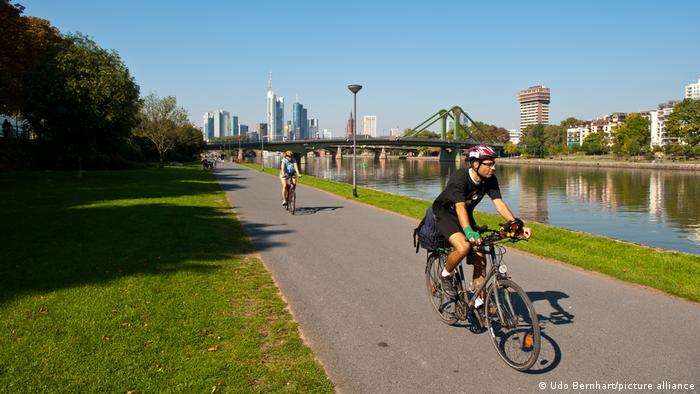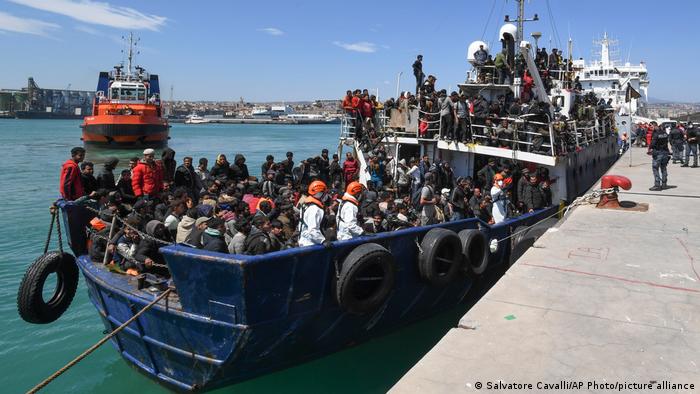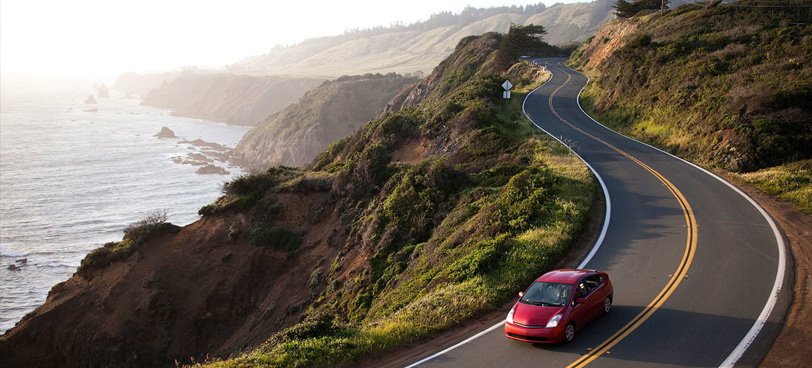THEY say Formula 1 aces know how much fuel is in the tank just by the way the car is handling.
By the end of a good booze run to France you start to know how they feel.
On a trip last month, our boot was so full by the time we reached the Eurotunnel terminal I barely had to touch the brakes to stop.
November is a strange time for a mini break to France — cold, but too early for the Christmas markets — which might explain the timing of Beaujolais Nouveau day.
Held annually on the third Thursday of November, it is when the year’s first batch of red finds its way from the Beaujolais region, just south of Burgundy, to the glasses of discerning consumers.
Bars and restaurants put on tastings, and supermarket shelves heave with the stuff. It’s usually light, fruity and affordable.
I am no connoisseur, so I asked an expert if it was any good.
“To be honest, we tend to give it a wide berth,”;; said the editor of a food and drinks mag.
“Even though it’s often perfectly quaffable, it’s a bit of a marketing trick to get the Brits to knock it back.”;;
That sounds like the sort of marketing trick I can get behind.
An easy drinking wine that won’t leave you with a financial hangover? Cheers!
Of course, you don’t even need to go all the way to France to buy it, but it is more fun if you do.
Better still, you can claim 20 per cent VAT back for alcohol if you spend more than €100.
We went targeting supermarkets, a good hotel, but first, a bar.
We did not have to look far.
Boulogne-sur-Mer is about an hour’s drive from Calais along the beautiful Opal Coast.
This is regional parkland that most of us drive straight through on the way to Somewhere Else.
But the old town of Boulogne is definitely Somewhere to Stop.
Medieval stone walls, narrow cobbled streets, a monument to Napoleon — what could possibly be more French?
Le Cave de Monsieur Guy, in the heart of the old town, provided the answer: vin.
And not just the new Beaujolais.
There was cheese and charcuterie too, from small producers across France — although the beer was from their local microbrewery.
I could have stayed all afternoon.
Instead we drew straws on who had to drive and I lost, so it was off to the hotel.
Another fantastic thing about this overlooked corner of France: affordable accommodation.
We stayed at a historic mansion, Le Manoir de la Peylouse, in a suite with its own little living room, for £135.
A luxury for sure, but an en-suite double will set you back just £105, with breakfast.
The charming owner, Didier, welcomed us to “his very British house”;;, with a cheeky smile.
It turned out the war poet Siegfried Sassoon had stayed while he was on leave from the front line.
As had Field Marshal Haig — although not at the same time. That would have been pretty explosive.
Again, we could have stayed longer, but now the real work began . . . bargain hunting.
It’s different from the old days of the booze cruise, when you could get a very drinkable plonk at a wine warehouse for a couple of quid (or perhaps we’re different now?), but even in the supermarket there are good deals.
Stick to quality French stuff and you can’t go wrong. Sparkling Crémant — cheaper than Champagne, better than Prosecco — from £5, a good Chablis, £7.
Everything was at least a third less than my local supermarket, some things (obscure Belgian beers, for example) about half.
It was also fun to reignite a long-standing debate, are French supermarkets better than ours?
I maintain they are more or less the same, just with more cheese.
But visit before December 31 and Carrefour will give you six free bottles when you spend €150.
That sounds like the perfect Christmas gift to me.




